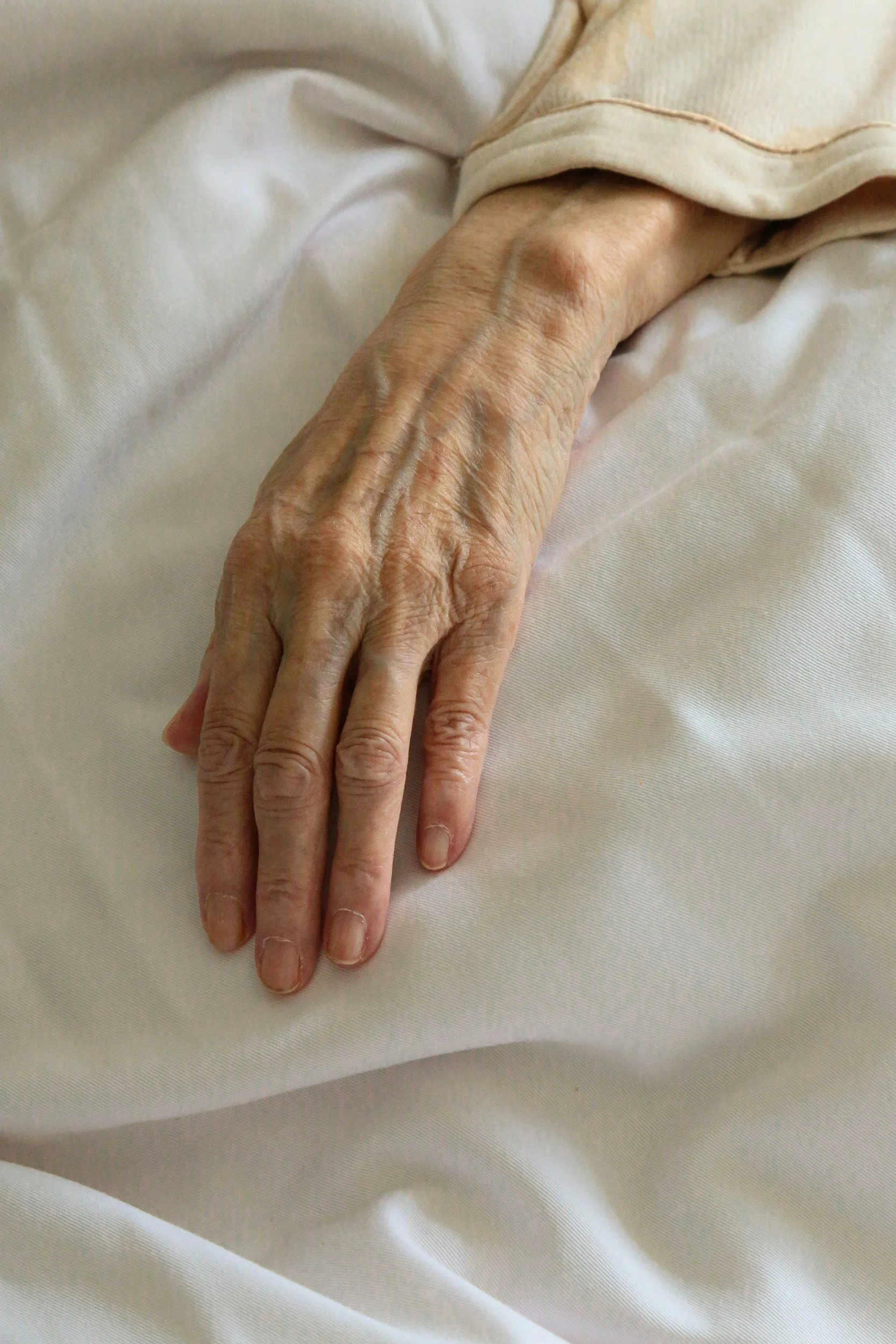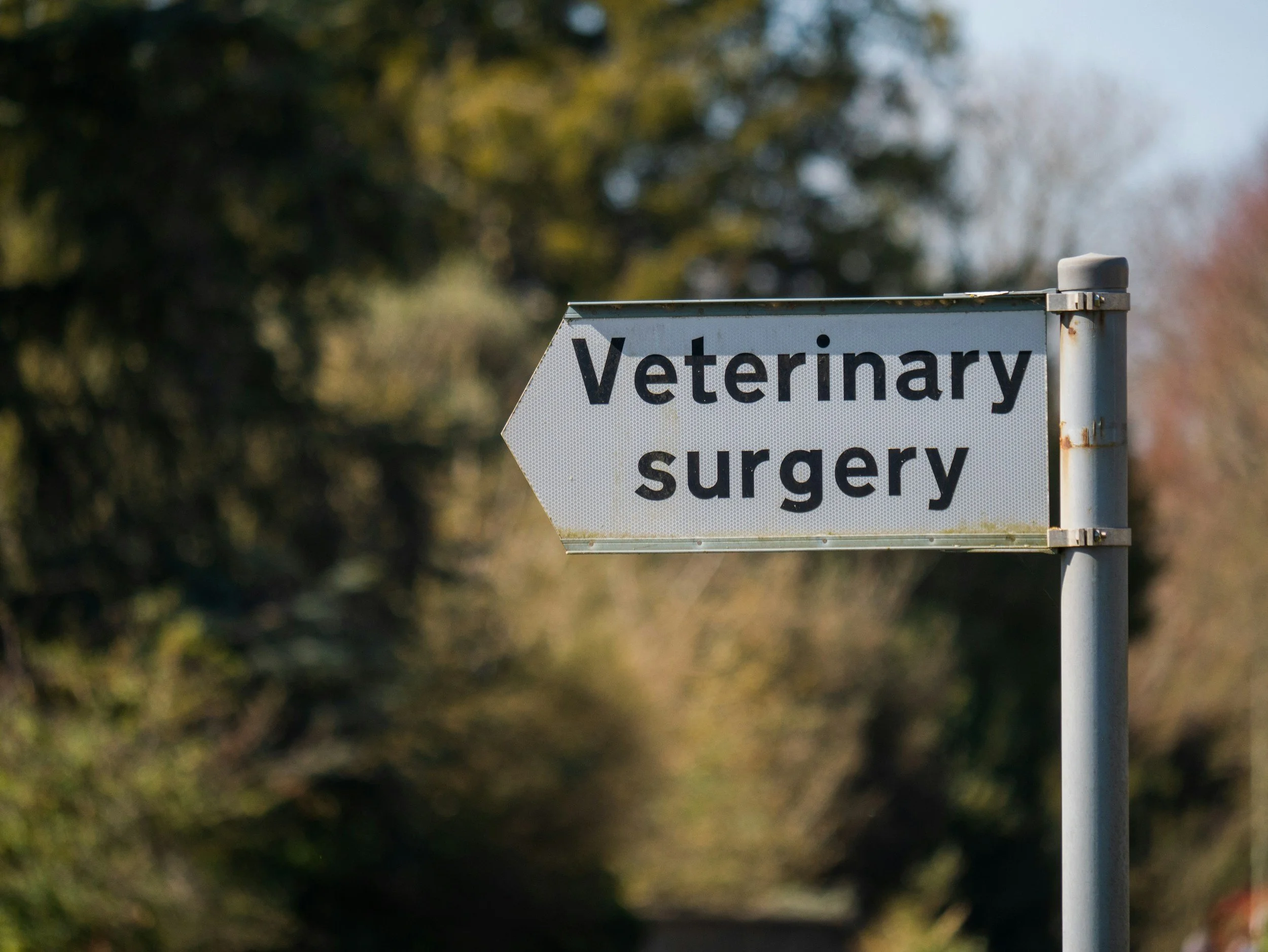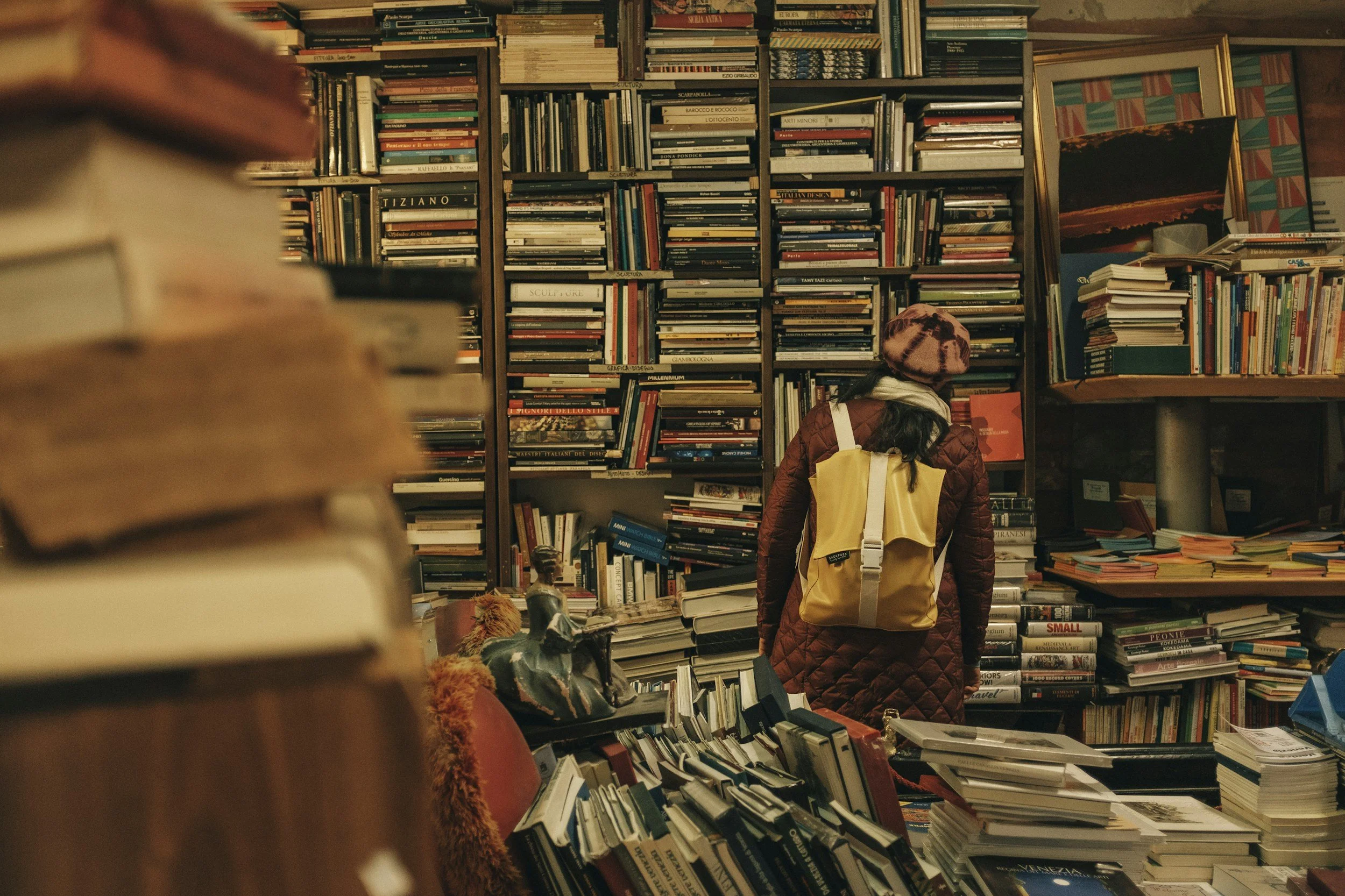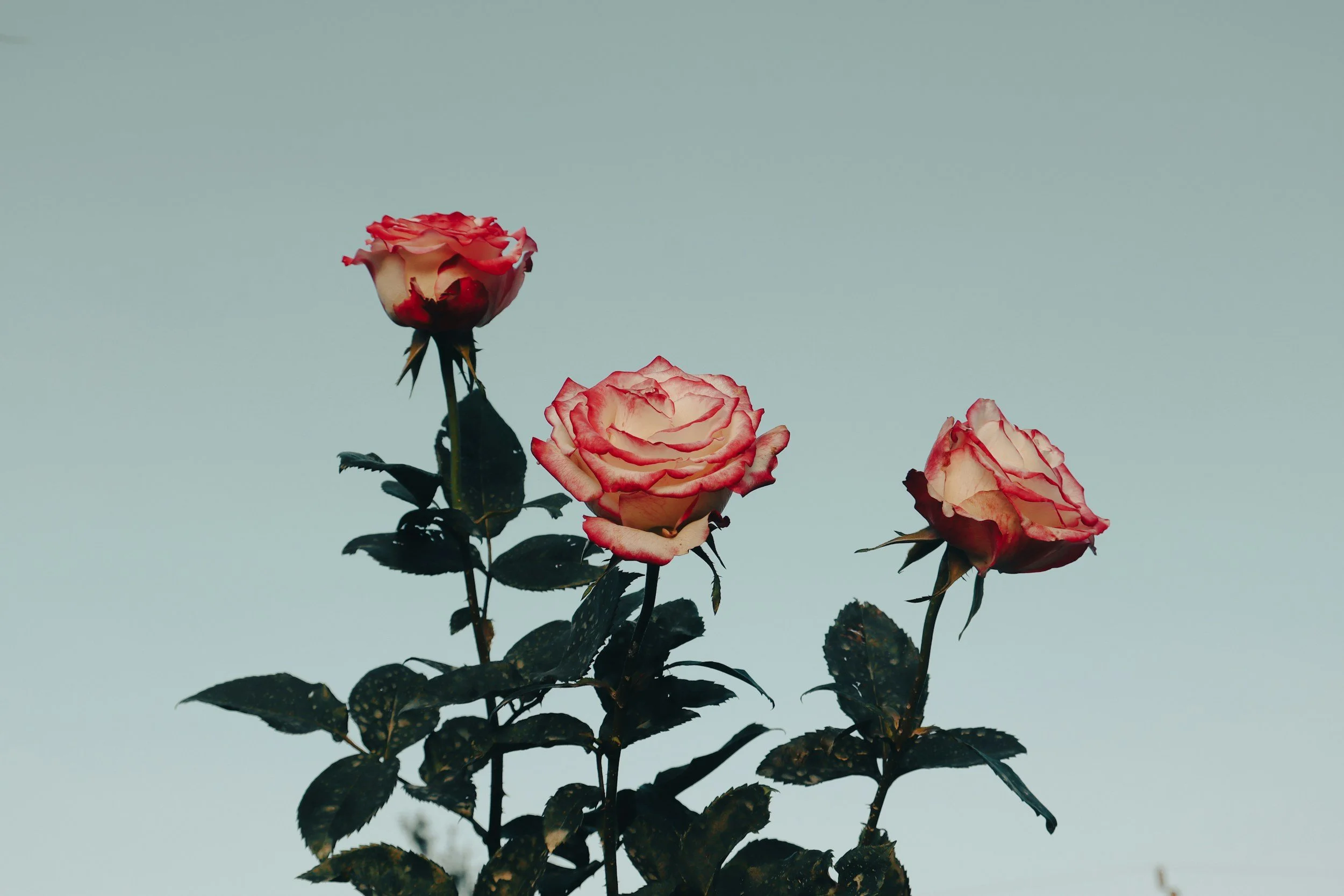Grief and the Absence of Love
Is grief supposed to feel so much like shame? Mine does. Telling my story seems dangerous. It is something I hold close to my chest; I hesitate to reveal even the smallest details unless I have to. To speak of loss and pain out loud makes me vulnerable. It shakes a carefully crafted persona. It could mean people will think less of me, people will not like me. It could mean I get fired from my job, because I am someone who can’t cope. It could mean I will be left, once again, utterly, unbearably alone. That is too high a price to pay.
And yet. Despite these deeply held beliefs, embedded long ago in the marrow of my bones, I also hold the thought: no. My story is not shameful. What has happened to me, what I have done: these things are not shameful. Grief is not shameful. The tiny grain of light in me tells me I’m OK, that I am good enough, after all; I am worthy of love – this tiny little light tells me I should share my story. Without shame. So here it is.
When I was nineteen, I fell for a boy. For years, I had been entwined with boys who tossed me to and fro. Besotted one day, disdainful the next. They chose when to bestow their affection on me so that I never felt certain, never safe. I was never enough. But this boy - this boy was different. He wanted to spend every minute with me. He introduced me to his family. His compliments were never-ending. He was starry-eyed; besotted, it seemed. I thought, this is it, finally. I’ve found the love I’ve been missing, I’ve been longing for. Finally, it’s here, and I am whole.
Overnight, he changed his mind.
“I’ve got a lot going on,” he told me on a park bench, as children squealed in the playground. “My grandfather just died. And my friend told me she’s in love with me.”
Whatever the real reason was, I was devastated.
“Can I still see you? Can I still call you?” I begged.
“Sure,” he lied.
I dragged myself home, sobbing. I lay at the bottom of the stairs and couldn’t stop crying. My arms and legs went numb. I felt like I had been abandoned, utterly and completely. That God had given me my perfect person and then cruelly snatched him away. I was all alone.
This is what grief looks like when it won’t let you go.
Five years earlier, I watched my mother die from cancer. Five years: enough time to process grief, perhaps. Perhaps. But what happens to a child when death comes closer, but no one talks about it? When the days are as normal, but the horror is there. Going to school each day (and I was always expected not just to show up, but to excel) but a strange disruption in the home. Sitting with my mother in chemotherapy, seeing her lying in a hospital bed in the dark, walking up the hill to town with her struggling to breathe. One day, I hadn’t done my math homework. “What’s the excuse this time, Eleanor?” sighed the teacher. I handed her a note. It said that the night before, we’d gone up to London to see my mother where she was being treated in hospital. The teacher nodded at me, and I sat back down. The adults always looked so terrified.
My mother got thinner and thinner, and the days got shorter. I took her small plates of food, to make sure she’d eat. I didn’t understand that it was the cancer that was making her thinner, that it was cancer that was killing her. I still went to school every day; we bought Christmas presents as if it was a normal Christmas; my mother still wanted to cook and iron our clothes. Reality peeled apart. I tried to keep my grip on the world, but it had sharpened into something sinister. Something terrible was coming.
And I watched as the terrible thing, the thing that would never happen, did happen. A month after my fourteenth birthday, on a dark night in January, she died in front of my eyes.
In shock, I hyperventilated. I lay on the sofa, trying to breathe. I returned to the room in anguished tears, saying to her body over and over that I loved her. I didn’t think she knew. The next time I saw my mother was in the morning as she was wheeled out on a stretcher in a green body bag.
The GP left some Valium pills on the bookcase: that was the extent of the support offered. In any case, I didn’t need them to numb what I was feeling. There simply was no option to do otherwise. My father sent my brother and sister and me back to school two days after our mother died. We were given two days off to attend her funeral, and then it was back to school for good. No time off, no excuses. No acknowledgement from the teachers of what had happened to me. I had to keep moving forward in a world that had become strange and unsafe.
Adults can choose to take time off work, to give themselves space, to do what they feel they need. Children need permission. And if no permission is given, they do what they can to survive.
I pulled the pieces of myself together. I wrenched my sadness into the bones of my body. Fists clenched, teeth clenched, shoulders tensed – I still do this now. This is how I keep safe. This is how I keep going and ensure I don’t fall apart. Falling apart is weakness. Falling apart isn’t safe. Falling apart is not allowed.
But grief finds a way through.
My father was unable to give me the love I so deeply needed, though I tried my best to earn it. I worked and worked at school; I got top grades. And I waited for the love. It didn’t come. I went to university –though I didn’t feel ready. I was terrified to cope completely on my own. And it was there that the seeds that had been sown those few short years ago took root, and dark, little plants began to grow.
At university, there was alcohol. A lot of alcohol. And there were boys. Boys who noticed me, boys who wanted me. So I reached out my arms, offered up my body, and I waited for the love. The love never came. Fleeting, briefly, sometimes, glimmers of hope – but then, it was always taken away. I believed it was my fault; it was because I wanted too much love. It was the ones who treated me the worst that I craved affection from the most. When they left, when they withheld their affection, I was in misery. But when they chose to spend time with me, my God, the sun came out like white light. I embraced those brief rays of love. I clawed it together; I tried to hold onto every scrap of it so it could keep me going until the next time.
And every time: the grief. The grief of being left. The terror of being alone. The wailing, crying, begging, pleading. No good, they never stayed.
Word gets around. People do not like this kind of behaviour. It causes discomfort, it causes embarrassment. Even those who inflict the wounds on women look down at them with disgust. Grief is not supposed to look like this. Grief is supposed to look like:
A tear brushed away at a funeral.
Brave smiles.
Tea cups set on saucers.
Flowers fading on a windowsill.
Over and done with after a few days. It must certainly never, ever cause a fuss.
My grief caused a fuss. It started to look like madness. It started to look like there was only one place for me to go. An end, a final relief, at last, from the intolerable pain.
Yet – here I still am. How was this possible? How did I make it out alive?
With love.
The only way we can survive such grief, is with love. The love is what feels missing, but the love is within us; the greatest love has always been there, since the day we were born. We just need to help to find our way back to it. With love, and connection, we can return to that place of safety within ourselves. We can return home.
I met a man who loves me for who I am. Without conditions, without requirements. With all my grief and pain and anger and joy and silliness and compassion: he accepts it all. It disproved what I believed – how could I be unlovable when I found someone who loved me? Perhaps, after all, I am okay. I am enough. I am worthy of love. I finally feel safe, I feel grounded. He helps me feel secure because his love is always there; He doesn’t withhold it, or make me feel that I only deserve it if I do certain things or alter who I am.
From this foundation, I began to heal. Slowly, slowly; and healing is not a simple journey. If I drew you a map it would be swirls and zigzags and starbursts, with setbacks and dead-ends and small steps forward. There would be mountains and avalanches along the way, quiet streams and thick forests. And this journey doesn’t have a destination. There will be no point when I am “fixed” - this is my life’s work. I am unlearning everything I thought was true for so long. I am finding the path to loving myself. I see a counsellor every week who helps me on my journey, and gives me a safe space to find a path through the grief. Because the only way out is through.
That should be where this story neatly ends, except life isn’t like that, and grief isn’t like that. Now that I am thirty-one, my father is dying. He was diagnosed with cancer five months after my mother died, and over the past seventeen years, treatments have kept it at bay. There are no longer any treatments that will work. The trauma of losing my mother as a child is resurfacing, and that terrified part of me thinks that things will be the same. Except they won’t. There will be loss, and there will be grief, but I don’t need to get stuck this time. I’m an adult now, and I am in control of what I do and where I go and who I speak to. I can set boundaries to keep myself safe. I would be lying if I said I wasn’t desperately afraid right now. Yet…
The love. The love is there. The love has always been there. I will be okay, I will get through this, I will continue to heal. Epiphanies do not come to us like bolts out of the blue. Change happens gradually, as our wisdom grows, as our hearts heal. It is like the light that softly glows at the start of a new day. You remember the darkness of the night, but one day you realise you’re standing in the long grass with the warm sun on your skin. And you’re you, just as you’ve always been. You’ve come home.
-Ellie Stewart
Ellie Stewart's works of non-fiction and fiction have appeared in print and online in various places including Popshot Magazine, Hippocampus Magazine and Ink, Sweat, and Tears. She lives in London, UK, with her partner and works for a children's charity. You can find more of her work at www.alittlefantastic.com, and follow her on Instagram @eleanorstewart and Twitter @EllieAStewart





















